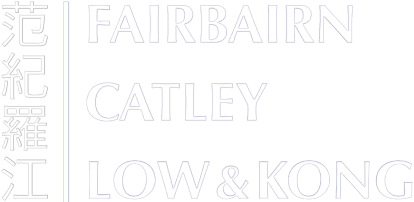Intellectual Property
As one of the leading intellectual property practices, we advise clients on protection of their intangible assets embodied in patents, designs, trademarks, copyright, domain names, knowhow and trade secrets, and a wide range of associated services in order to protect, exploit, and enforce their IP rights by the most effective and cost-efficient means possible.
Our dynamic and experienced team of IP solicitors offers a seamless service covering all areas of contentious and non-contentious IP, enforcement, and anti-counterfeiting matters in Hong Kong. The Firm’s long-standing expertise also lies in commercialization of intellectual property rights by way of distribution, franchising, licensing agreements and many more.
